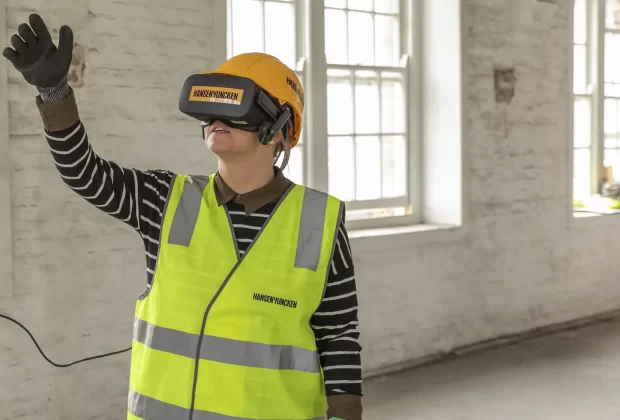In a world driven by technology, every sector is gradually changing its processes, embracing innovations to improve efficiency and reduce costs. The construction industry is no exception. While it might seem like a sector resistant to change, with its hard hats and heavy machinery, a closer look reveals a landscape where technological advancements are reshaping the industry.
From automation and machine learning to virtual reality and beyond, the world of construction is evolving rapidly, demonstrating a robust transformation. Let’s explore some of the notable advancements in the field.
Building Information Modelling (BIM)
Building Information Modelling (BIM) is undoubtedly the cornerstone of technological innovations in the construction industry. It’s a 3D model-based process that gives architecture, engineering, and construction professionals the tools to more efficiently plan, design, construct, and manage buildings and infrastructure. BIM fosters better collaboration, improves accuracy, and streamlines project timelines.
Virtual and Augmented Reality
Virtual Reality (VR) and Augmented Reality (AR) are adding an extra dimension to construction processes. VR immerses users in a fully digital environment, while AR overlays digital information onto the real world. These technologies can help with everything from conceptualising a project and analysing potential design problems before construction starts, to enhancing safety training and maintenance operations after the building is finished.
Drones
The usage of drones, or Unmanned Aerial Vehicles (UAVs), in construction has soared in recent years. These flying marvels provide an excellent means for site inspections, topographic mapping, and progress monitoring. Drones provide data faster and more safely than traditional methods, especially in challenging or hazardous environments.
3D Printing
3D printing has made a big impact across several industries, and construction is no exception. It promises to revolutionise the industry with the potential for quicker builds, lower costs, and even the possibility of creating structures that traditional methods couldn’t achieve.
Artificial Intelligence and Machine Learning
AI and machine learning are increasingly being used in the construction sector. These technologies can help predict project success, optimise design, automate repetitive tasks, and improve safety by predicting potential hazards. Machine learning algorithms can also analyse vast amounts of data to provide valuable insights and forecasting.
Sustainable Technology
The growing awareness of environmental issues has led to the introduction of various sustainable technologies in the construction sector. These include energy-efficient materials, green buildings, renewable energy sources, and waste reduction techniques. The use of such technologies not only reduces the environmental footprint of construction projects but can also result in significant cost savings over time.
So, how do you fund these technological innovations?
One way is through construction loans. For instance, many Australian builders turn to construction loans Melbourne to secure the necessary finances to leverage these advancements in technology, which can bring substantial cost savings and efficiencies over the lifespan of the project.
Final Thoughts
The construction industry is experiencing an era of unprecedented technological growth. As this progression continues, we will witness further improvements in efficiency, safety, and sustainability. Just like any other sector, those who are quick to adapt and embrace these changes are the ones who will stay ahead in the ever-evolving construction landscape. As we look to the future, these technologies will undoubtedly become the new normal, shaping the industry for years to come.









